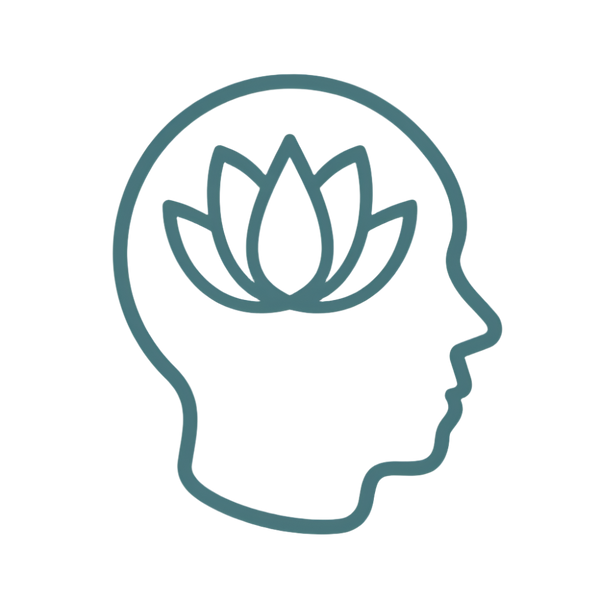
ADHD and Sleep: Why Falling Asleep Feels Impossible (and What Can Help)
Share
ADHD and Sleep: Why Falling Asleep Feels Impossible (and What Can Help)
Living with ADHD means your brain often feels like it’s stuck on fast-forward, especially when it’s time to wind down for the night. Thoughts race, worries build, and despite feeling exhausted, sleep remains frustratingly out of reach. If this sounds familiar, you’re not alone. Sleep disturbances are common for people with ADHD, but understanding why can be the first step toward better rest.
Why Does ADHD Make Sleep Difficult?
-
Dysregulated Nervous System: ADHD brains often stay in a heightened state of arousal. This makes it harder to switch off from the day and relax.
-
Delayed Sleep Phase Syndrome (DSPS): Many people with ADHD experience a shifted internal clock, causing them to feel wide awake late at night and struggle to wake up in the morning.
-
Racing Thoughts and Hyperfocus: Nighttime can bring a flood of thoughts, and without distractions, those thoughts can become overwhelming.
-
Sensitivity to Sensory Input: Sounds, light, and textures that might seem minor to others can feel unbearable to ADHD brains, preventing relaxation.
Signs Your ADHD Might Be Impacting Your Sleep
-
Struggling to fall asleep, even when tired
-
Waking up frequently during the night
-
Feeling unrested despite getting enough hours of sleep
-
Experiencing vivid or stressful dreams
-
Difficulty waking up and starting your day
How to Improve Sleep with ADHD
Here are some ADHD-friendly strategies to create a calmer bedtime routine:
1. Embrace Deep Pressure Stimulation (DPS)
Weighted blankets offer gentle, even pressure that helps calm the nervous system. This pressure encourages the release of serotonin and melatonin, making it easier to relax and drift off to sleep. Many people with ADHD find that a weighted blanket provides comfort and reduces nighttime restlessness.
2. Create a Predictable Wind-Down Routine
Structure and repetition help ADHD brains transition to sleep. Try setting a timer for a ‘wind-down’ period an hour before bed. Activities like reading, stretching, or listening to calming music can signal to your brain that it’s time to rest.
3. Reduce Sensory Overload
Minimize distractions by dimming the lights, lowering noise, and using blackout curtains. White noise machines or calming sounds can also block out external disturbances.
4. Mindful Movement
Gentle activities like yoga, stretching, or light walks can release pent-up energy and reduce stress hormones. Just avoid vigorous exercise close to bedtime.
5. Calm Your Thoughts
If racing thoughts are a struggle, try journaling or brain-dumping before bed. Guided meditations, breathing exercises, or even listening to a soothing audiobook can also help quiet the mind.
Find Calm in the Chaos
If ADHD is keeping you from the rest your body and mind need, it’s time to try something new. Weighted blankets can provide the calming pressure that ADHD brains crave, helping you ease into a peaceful night’s sleep.
Ready to experience the difference? Discover our premium weighted blanket, designed to help ADHD minds relax and recharge.
